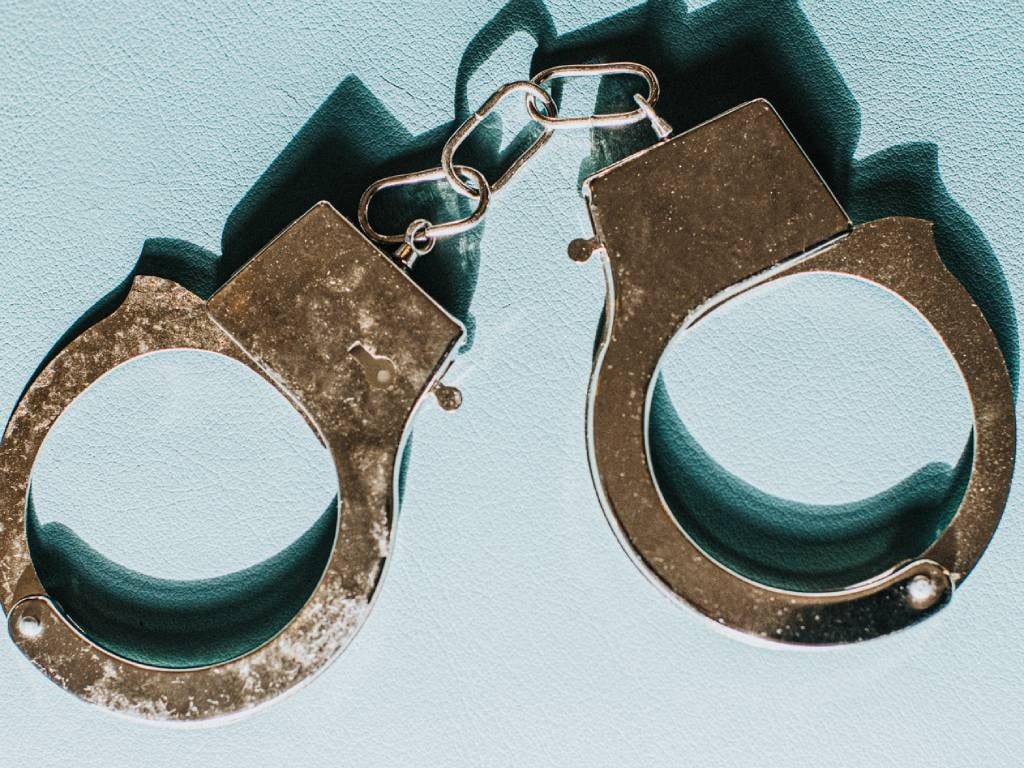
- There has been an increase in migrants from war and terror affected East and Central Africa flooding to South Africa.
- Zimbabwe is a transit zone with 15 000 refugees at Tongogara Refugee Camp, where hundreds escape to before they move to South Africa.
- The Migration Policy Institute says South Africa hosts the largest number of immigrants on the continent.
Zimbabwean authorities on Monday arrested nine Congolese men who allegedly slipped into the country in transit to South Africa where they intended to start new lives.
A local magistrate in Chinhoyi - a small town 116 kilometres north east of the capital Harare - fined them ZW$2 500 (about R250) or 10 days in jail, thereafter, deportation.
The court heard that they were arrested aboard a Harare-bound bus after passing through the one-stop border post of Chirundu, which linked Zimbabwe to Zambia.
With conflict, famine and terrorism rife in East and Central Africa, traffic had increased to the southern parts of the continent which are relatively peaceful.
The Migration Policy Institute (MPI) said the major reason for the migration, which usually ended up in South Africa, was "due to its middle-income status, stable democratic institutions, and comparatively industrialised economy".
It said South Africa hosted the largest number of immigrants on the African continent.
Official government statistics say 2.9 million people living in South Africa are foreigners.
The majority, 24% are from Zimbabwe, followed by Mozambique with 12%. Lesotho 7%, Malawi 3%, Botswana, Eswatini, Angola, Somalia each contribute 2% to the foreign population.
Most illegal immigrants who attempt to enter South Africa first go through Zimbabwe.
Those who failed, end up at the Tongogara refugee camp in Chipinge District which sits on the border with Mozambique.
The camp is home to 15 000 refugees from the DRC, Rwanda, Burundi, Ethiopia, Somalia and Eritrea.
The camp has its challenges. Currently residents are rejecting government's efforts to immunise them against Covid-19 because they feel they are isolated from danger.
However, with new arrivals, exposure chances are higher.
With Zimbabwe also facing economic challenges, remaining at the refugee centre was not an option for many.
In August, a hundred Congolese nationals including children and women escaped from the centre only to be arrested in Bulawayo at a house where they were plotting how they would travel to South Africa via Botswana.
Displaced
The UN High Commissioner for Refugees said that, as of last year, South Africa was officially home to 225 000 "forcibly" displaced persons.
Only 30% of that number were recognised refugees, the rest were regarded as asylum seekers.
The latest statistics from the UN High Commissioner for Refugees indicated that of the refugee and asylum seeker population in South Africa, Ethiopia had 25%, DRC 23%, Somalia 11% and Zimbabwe last with 6%, because those from Zimbabwe were mostly economic migrants not fleeing persecution and other political reasons.
Khangelani Moyo, a researcher at the Global Change Institute (GCI) at the University of the Witwatersrand, said South Africa had one of the best refugee protection policies.
READ | Law professor detained in Ethiopia
"South Africa's refugee protection is often internationally lauded, and as recently as 2019 by UNHCR's Fillipo Grandi, as being one of the best systems in the world. Refugees are not kept in camps in SA; for instance, in Zimbabwe and other African countries, they are kept in camps.
"But in South Africa, they have a chance to maintain a semblance of normalcy in their lives. Imagine being kept in a camp - and as you know most of these conflicts in Africa are protracted - look at the instability in DRC, it has been there for over 20 years - imagine if you were living in a camp for 20 years. South Africa, on the other hand, has no camps."
- The News24 Africa Desk is supported by the Hanns Seidel Foundation. The stories produced through the Africa Desk and the opinions and statements that may be contained herein do not reflect those of the Hanns Seidel Foundation.
